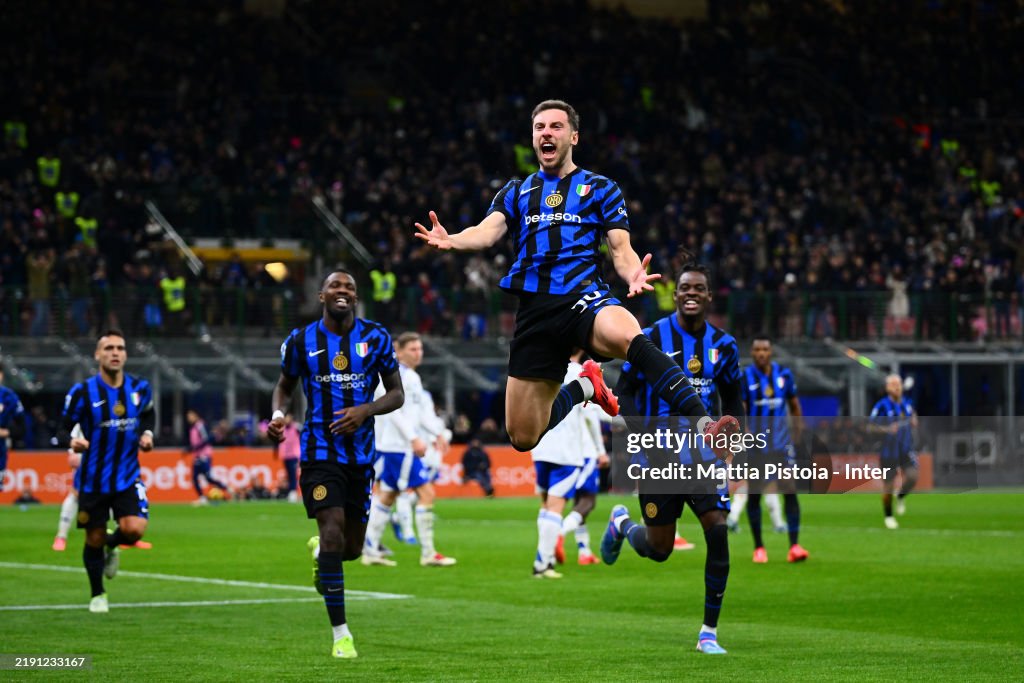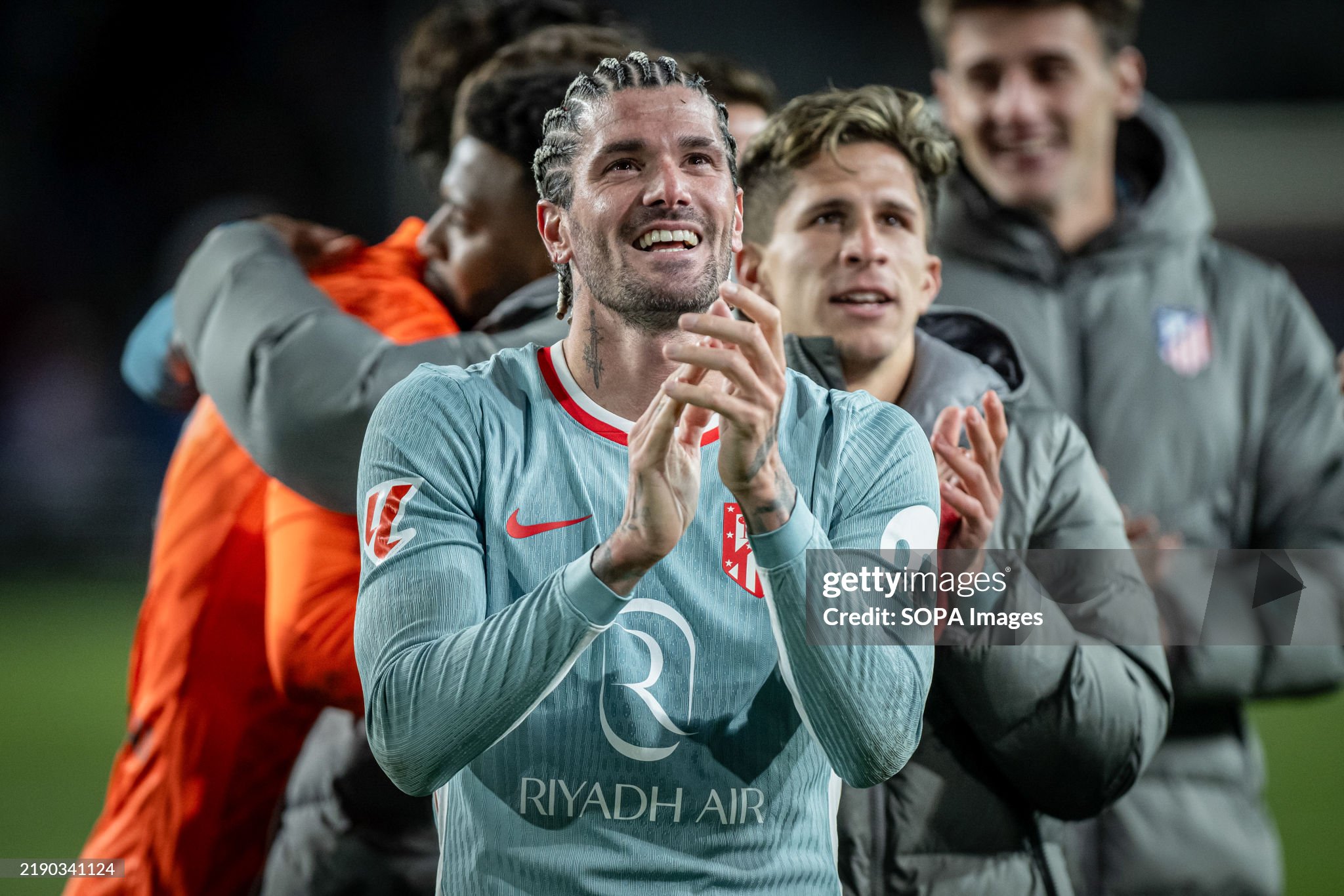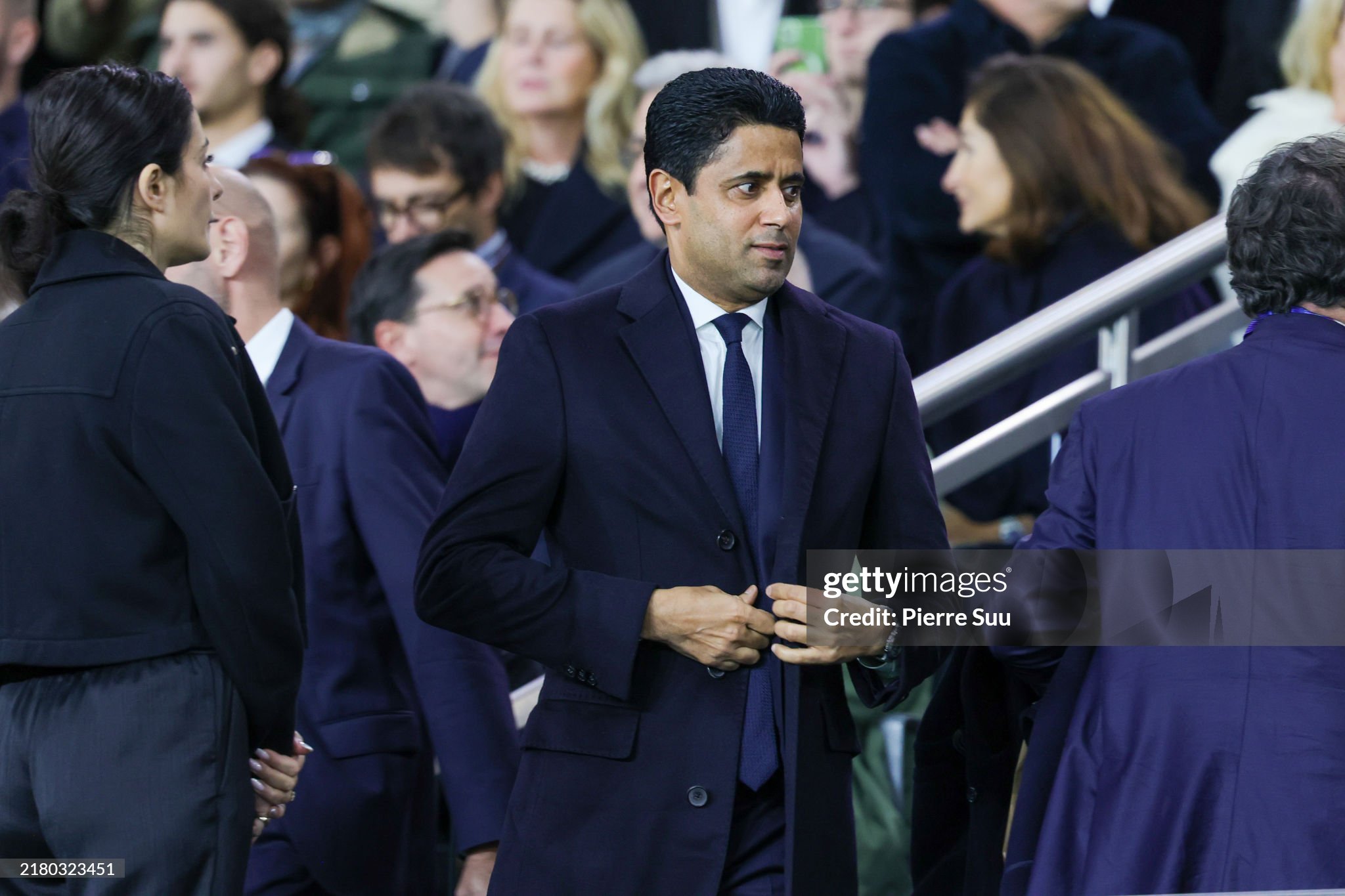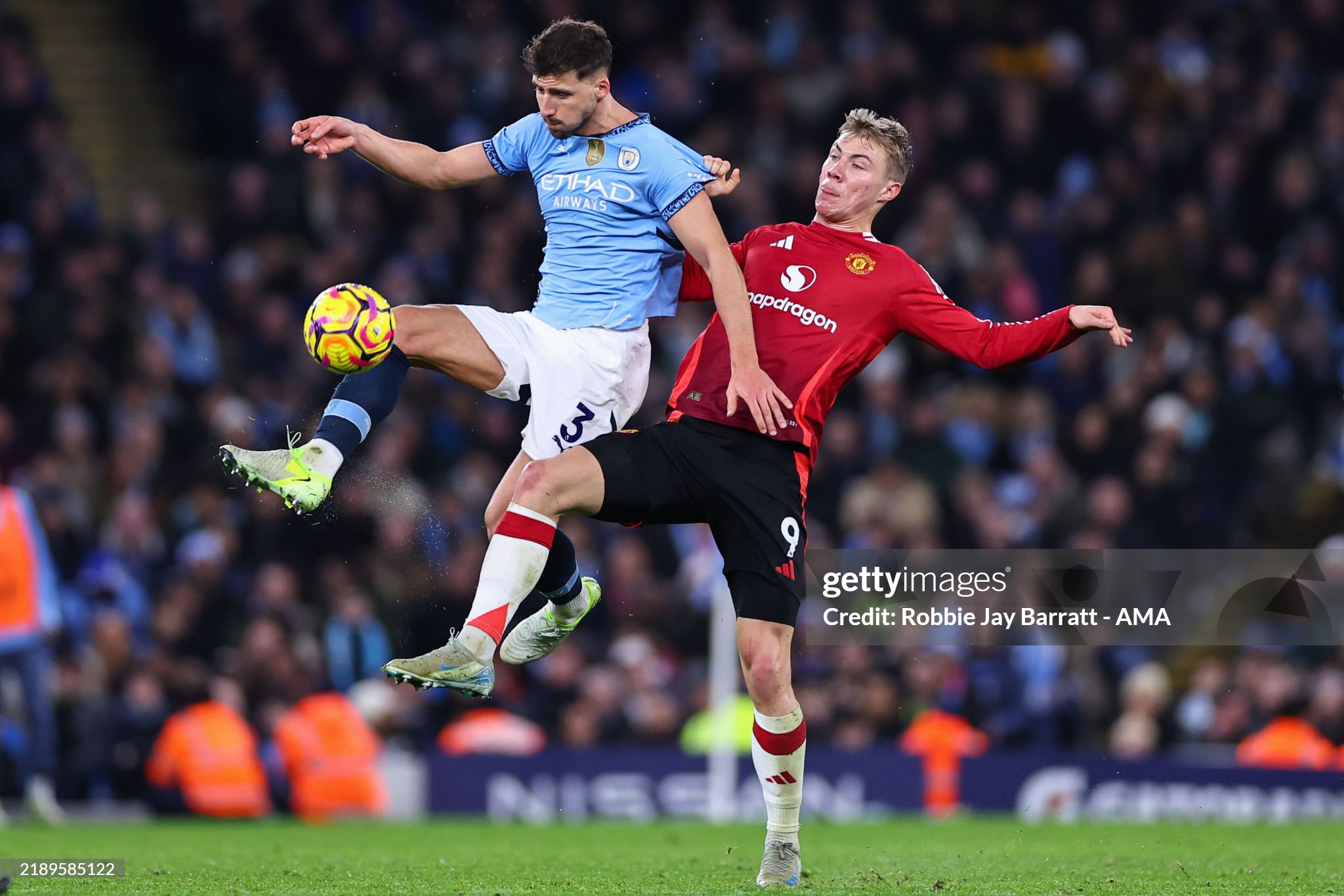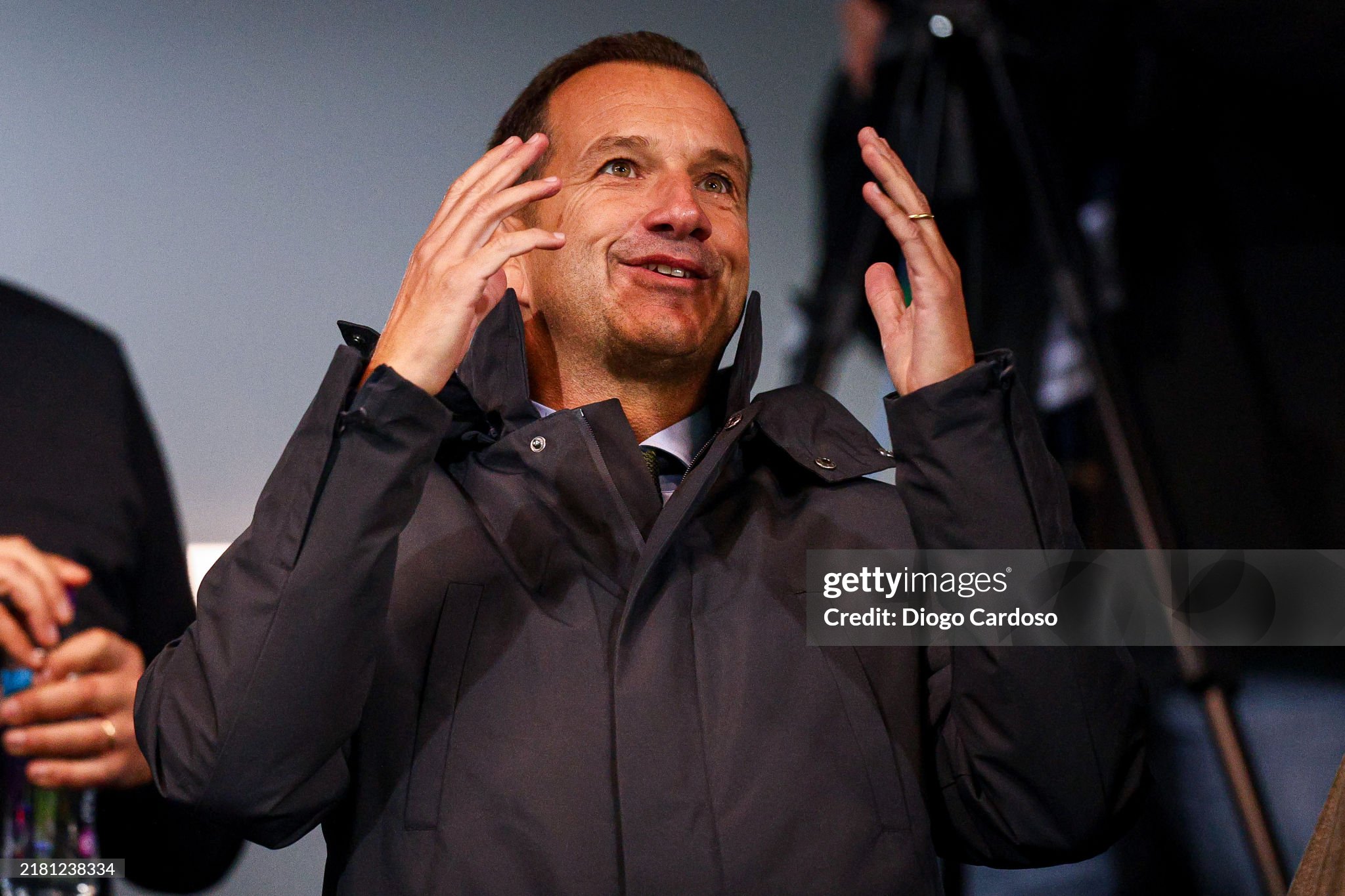Argentina will play a World Cup qualifier away against Paraguay this Friday. Notably, fans of the home team are banned from wearing Lionel Messi shirts.
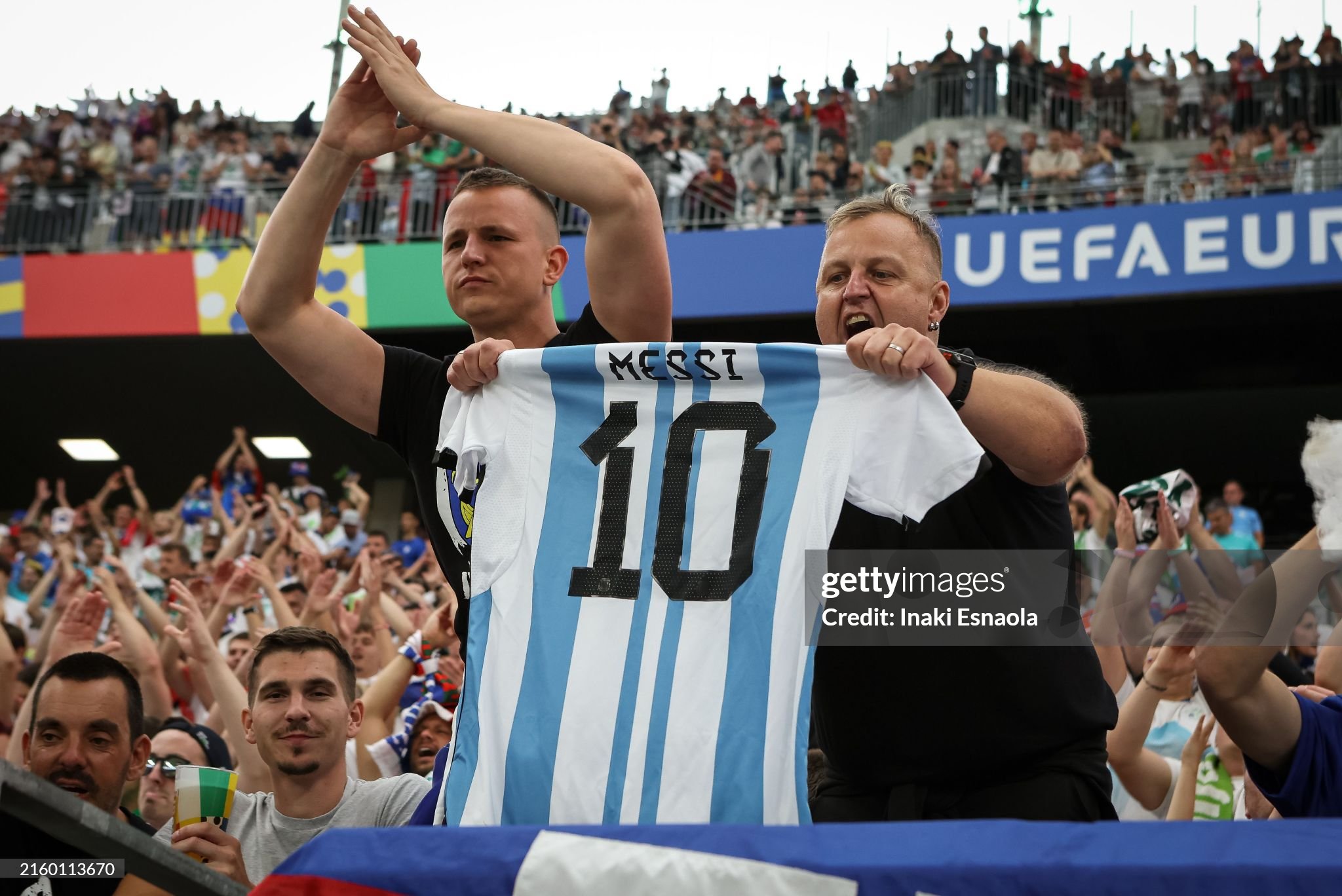 Embed from Getty Images
Embed from Getty Images
The decision to ban Messi shirts during the World Cup qualifier between Paraguay and Argentina has sparked considerable debate among fans and pundits alike.
The unusual move by the Paraguayan Football Federation reflects the immense popularity of Lionel Messi, even outside his home country. In Paraguay, the Argentine superstar enjoys a significant following, with fans admiring his skills, legacy, and the global impact he has made in football. However, this admiration has created a dilemma for Paraguayan authorities, particularly in a match where national pride and home advantage are paramount.
The directive from the federation is clear: fans who show up wearing any Messi-related gear whether it’s an Argentina national team jersey, a Barcelona shirt, or an Inter Miami kit will be turned away at the gates. This measure aims to ensure that the stands are a sea of red, white, and blue, the colors of the Paraguayan flag, rather than a mixed crowd of supporters who might show partiality towards Messi, even if they are officially cheering for Paraguay. The federation believes that maintaining a unified visual presence in the stadium is crucial to creating an intimidating atmosphere for the visiting Argentine team, and to boosting the morale of the Paraguayan players.
Director Fernando Villasboa explained the reasoning behind this decision in an interview with local media. "Messi is a global icon, and his influence is undeniable," Villasboa said. "We recognize that many Paraguayans hold great respect and admiration for him, which is understandable given his achievements and the joy he brings to football fans everywhere. However, this is a World Cup qualifier, and we need all the support to be focused on our own team. Our players deserve to feel the full backing of the nation in such an important match. That’s why we are requesting fans to leave their Messi shirts at home and wear our national colors instead."
The move highlights a broader trend seen in football, where the cult of personality surrounding certain players can sometimes overshadow the nationalistic fervor of the sport. Messi’s status transcends club and country, and his fanbase is truly global. In countries like Paraguay, where he has never played at a domestic level, the sight of local fans donning his shirts speaks volumes about his universal appeal. The federation’s decision aims to counteract this phenomenon, emphasizing the importance of collective support for Paraguay during a critical moment in their World Cup qualifying campaign.
The measure has sparked mixed reactions on social media. While some fans agree with the federation’s intent to boost home support and create a strong, unified atmosphere, others have criticized the decision as heavy-handed and restrictive. Many Messi fans in Paraguay have expressed disappointment, arguing that wearing a Messi shirt does not necessarily mean they aren’t supporting the national team. "I can be a fan of Messi and still cheer for Paraguay," one local supporter wrote online. "This ban feels unnecessary and a bit disrespectful to those of us who admire a great player while also loving our country."
This isn’t the first time Messi’s immense popularity has posed a challenge for opposing teams and their fanbases. His presence in matches often draws supporters who might be there more to witness his legendary performances than to back the home side. It’s a testament to the level of adoration he commands across the globe, but it can also dilute the home-field advantage that teams rely on, especially in high-stakes international competitions like World Cup qualifiers.
From a strategic perspective, the Paraguayan Football Federation’s move is aimed at preserving the psychological edge that comes with playing at home. Home support has long been considered the "12th man" in football, providing a crucial boost to the players and applying pressure on the visiting team. In a match as significant as this one, every element counts, and the federation believes that a unified, vocally supportive crowd can make a tangible difference.
The ban extends beyond just the matchday experience; it’s also seen as a symbolic stand for Paraguayan pride and identity. By requesting fans to wear the national colors, the federation is calling on the supporters to put aside their admiration for individual players, even someone as iconic as Messi, and instead focus on the collective effort of the national team. It’s a rallying cry for unity and an appeal to patriotism at a time when Paraguay needs every ounce of support to secure a spot in the World Cup.
However, enforcing such a ban may prove to be challenging. Stadium officials will need to be vigilant, as many fans might still try to bring Messi shirts into the venue, either out of habit or in silent protest against the decision. Security checks are expected to be stricter than usual, with stewards instructed to confiscate any unauthorized jerseys. This could lead to delays and possible tensions at the entry points, as fans may push back against the rule, especially if they feel it infringes on their freedom to express their admiration for a player they idolize.
The broader implications of this decision also touch on the commercialization of football fandom. Shirts featuring Messi’s name are among the top-selling jerseys worldwide, with fans from all corners of the globe proudly wearing them. The Paraguayan federation’s stance is a rare example of a governing body actively discouraging the display of merchandise tied to a rival player, even if it means potentially upsetting a portion of its own fanbase.
Looking ahead, it will be interesting to see whether this measure has the desired effect and if it contributes to creating a more intimidating atmosphere for Argentina. The stakes are high, and Paraguay’s hopes of qualifying for the World Cup depend heavily on strong performances in matches like this one. Whether or not the absence of Messi jerseys in the stands will make a significant difference remains to be seen, but the move has certainly added an extra layer of drama and intrigue to the match.
Ultimately, the decision reflects a broader cultural tension in football: the balance between celebrating individual brilliance and maintaining national loyalty. For now, Paraguayan authorities are betting that a unified display of support, free from the distraction of Messi’s global appeal, will be enough to help their team rise to the challenge against the reigning world champions.
Updated: 03:46, 13 Nov 2024
